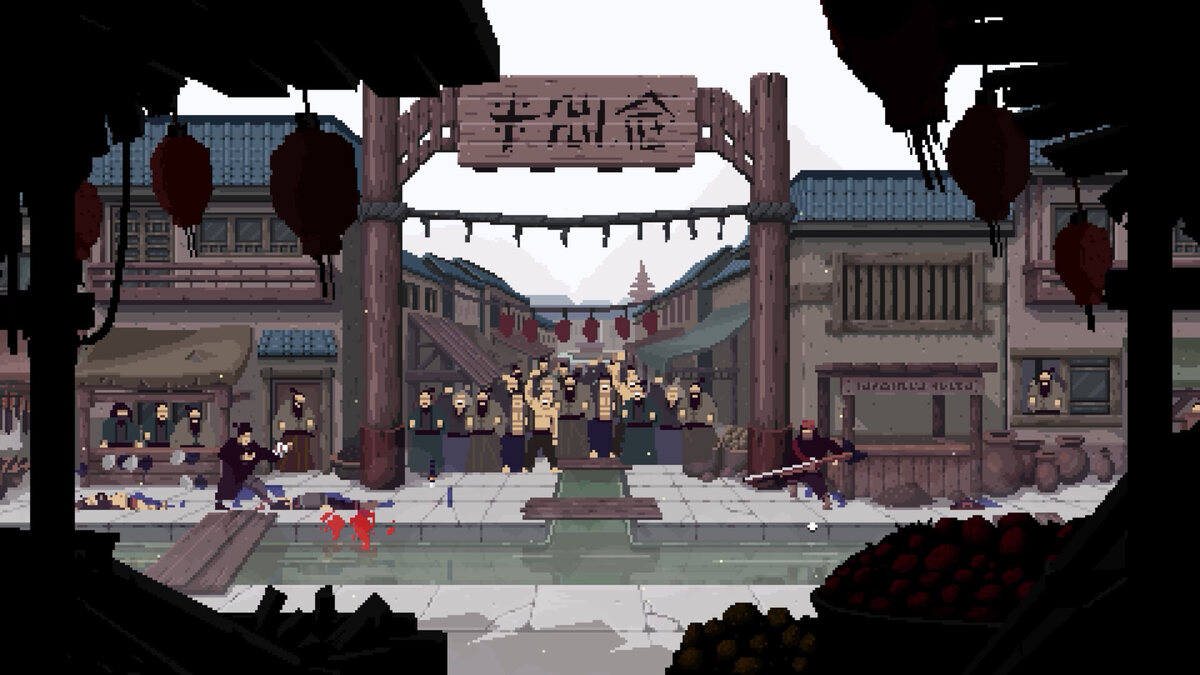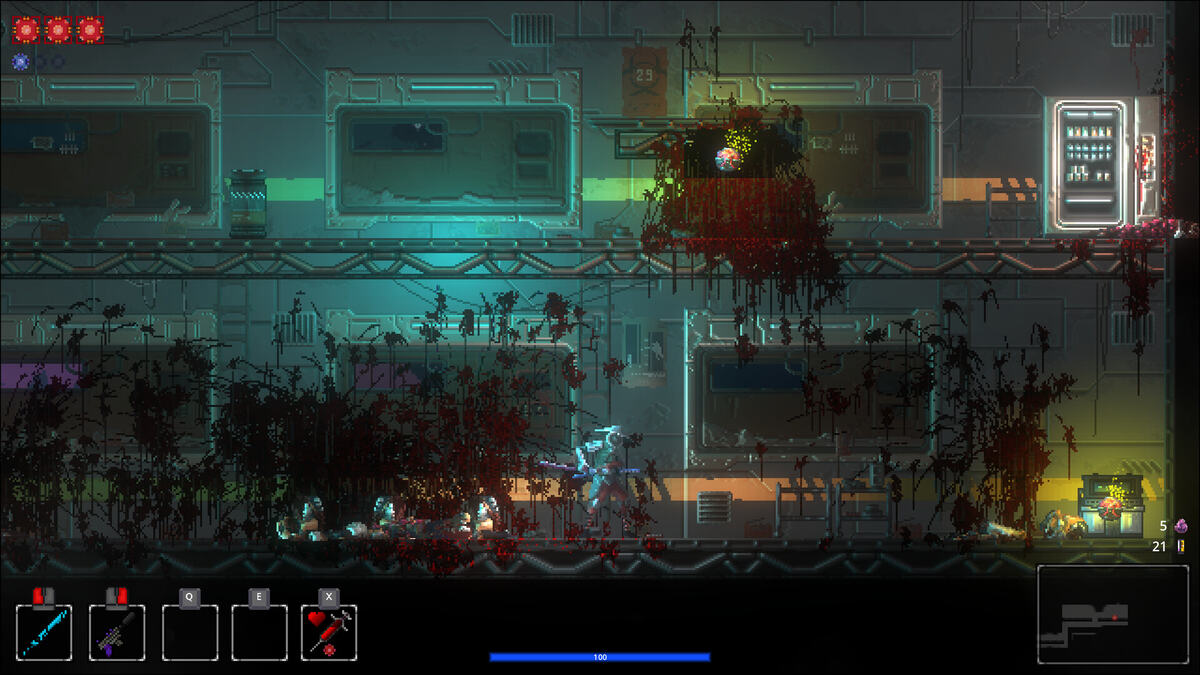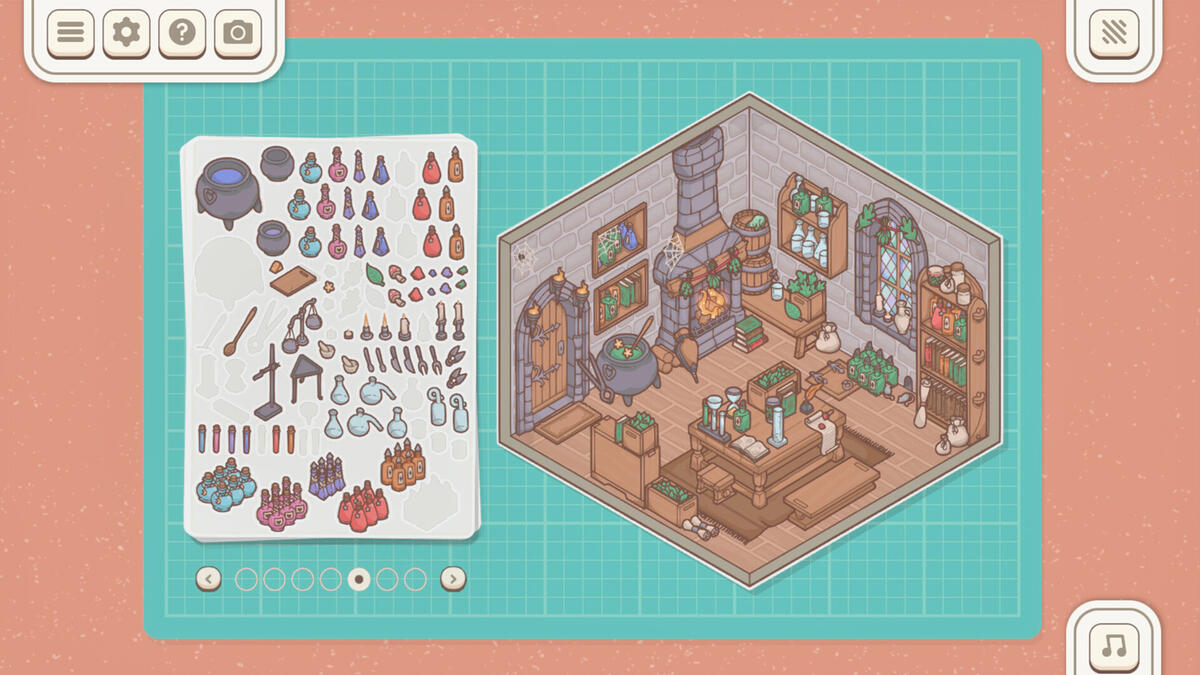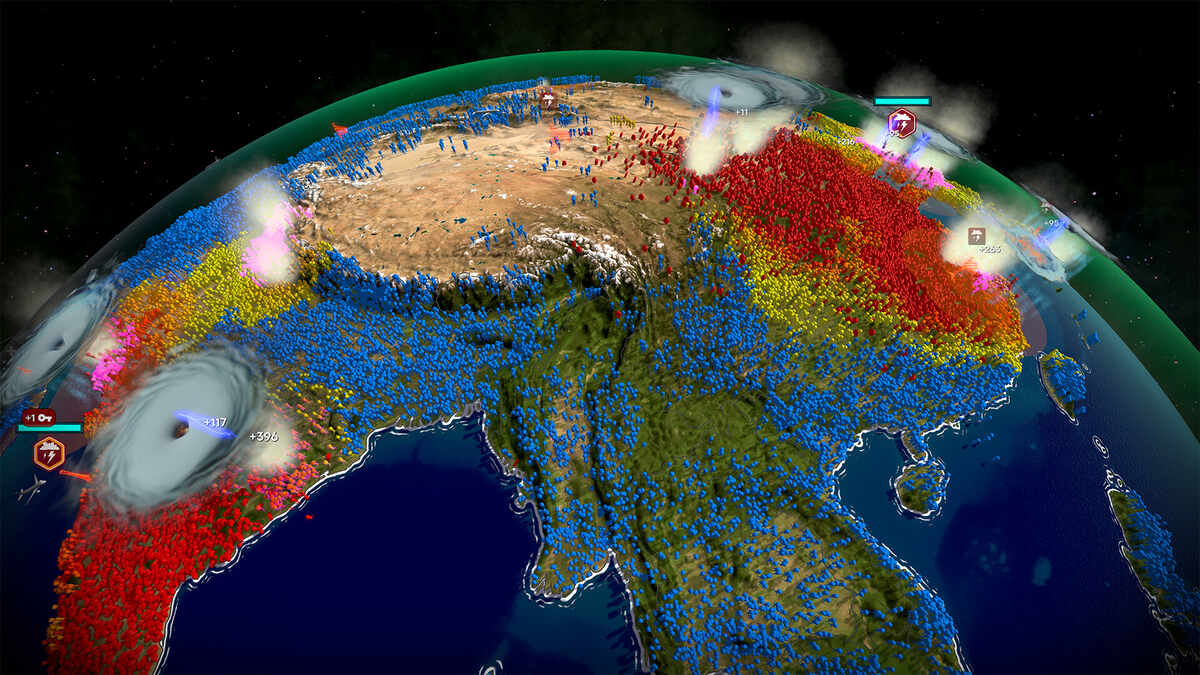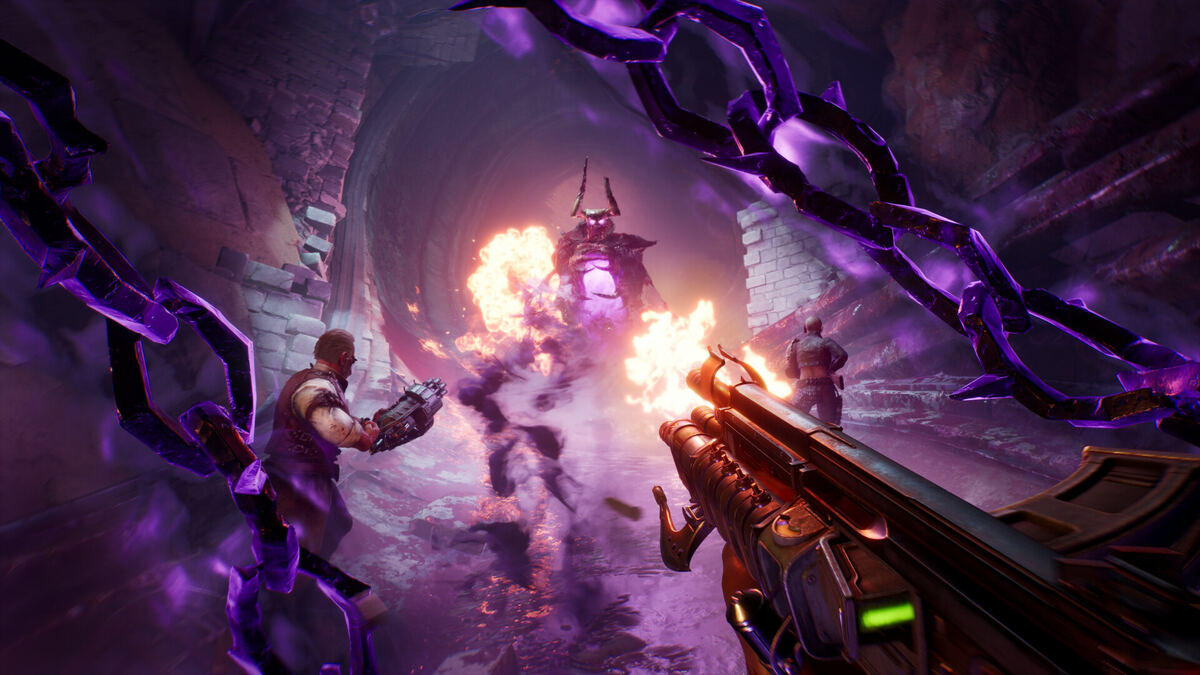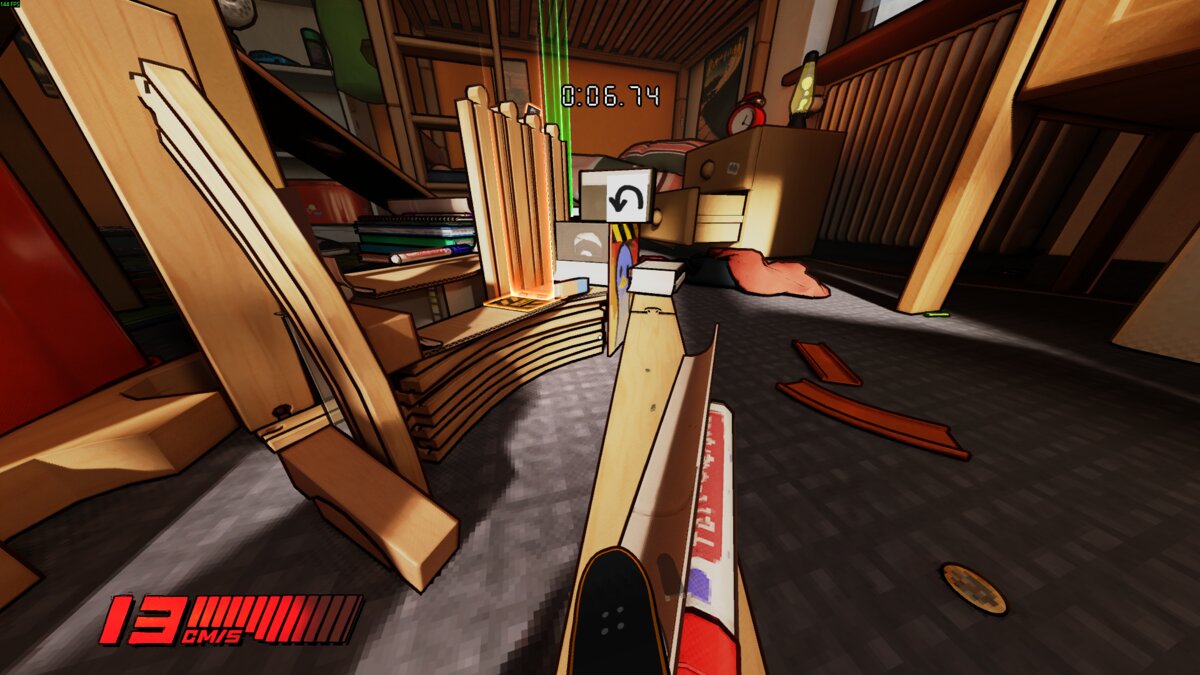You can trust VideoGamer. Our team of gaming experts spend hours testing and reviewing the latest games, to ensure you're reading the most comprehensive guide possible. Rest assured, all imagery and advice is unique and original. Check out how we test and review games here
With Tales of Monkey Island plundering PCs across the globe, it’s easy to forget that the episodic series’ first chapter is also out on Nintendo Wii through download channel WiiWare. With Chapter Two inbound and Chapter Three waiting in the wings, it’s fun times for Wii-owning Monkey Island fans. So, at Nintendo’s recent Media Summit in London, we caught up with Telltale chief Dave Grossman, who wrote and programmed the first two games in the legendary Monkey Island series at LucasArts, to find out why the Wii is great and what Telltale’s going to do next.
VideoGamer.com: What can players expect from Chapter Three?
Dave Grossman: Well, a spoiler for anyone who hasn’t played Chapter Two yet, Chapter Three begins inside a giant manatee, which has swallowed a couple of the principle characters. They will meet some more people inside the manatee, so there is a good chunk of gameplay that takes place in there. And there’s some interesting inter-personal situations that come up. We develop the relationship between Guybrush and Morgan, the woman who’s been trying to kill him, now that they’re kind of stuck in the same boat as it were, down in the gullet of the manatee and they both want to get out. So they have to kind of join forces a little bit. That’s kind of an ongoing theme for the series. This teaming up with people you don’t necessarily trust or like and seeing what that’s like and testing relationships you do normally depend on. They’re gonna keep looking for La Esponja Grande, make a little progress on that. And a, oh, Murray, Murray’s in it.
VideoGamer.com: The community created promo videos you are using, is that something only Monkey Island brings out in people?
DG: We find in general that Telltale fans of all the different series we do are pretty active, some of ’em.
VideoGamer.com: Is active a diplomatic word?
DG: No. I mean that only in the best way. Our forums are really interesting. There are always people discussing interesting things on them and we get a lot of fan art sent in, all kinds of stuff. That said I think there is something about Monkey Island that evokes a certain, I don’t know, disturbed fanaticism. I don’t quite know what it is. The thing that I like the best about the Monkey games is just that there is humour on top and a serious story underneath, and the way that those two things work together to grab you in the immediate moment but then leave you with something to feed off of later, is a really kind of compelling way to tell a story. Maybe people are responding to that, I don’t know. We have been getting some great stuff, like the trailer that you saw.
VideoGamer.com: What other crazy stuff have you had from Tales of Monkey Island fans?
DG: People have done some singing videos on YouTube I’ve seen. There’s always lots of good fan art.
VideoGamer.com: Have you had any people contact you saying you’ve ruined my childhood memory?
DG: Um, no I can’t remember anybody going that far. There’s always a little controversy. There’s usually more controversy before the first episode comes out. We had a special section of the forum that was just for people who pre-ordered the game in the month between when we announced it and released the first episode. I was paying a lot of attention to that just because I figured these people are the biggest fans, right? They’re the people who were willing right up front to pay money just because we said we’re doing Monkey Island. And they were like, all right I’m in. But then once they were in they made a lot of comments about what kinds of things they expected to see and what they were worried about. A lot of times it tends to be they’re really worried about the voices. People were very concerned about having the right voice actors in there. Which we do. We got Dom Armato to come back and do GuyBrush again. He’s fabulous at it. But people were worried that we weren’t going to do stuff like that. And then once the game comes out they’re oh, okay good. It’s good. It feels good. We like it. It’s funny. It’s working for us.
VideoGamer.com: Is it a challenge to make Tales of Monkey Island appeal to long-running fans of the series as well as newcomers?
DG: We did have to walk a little bit of a tightrope on that actually, because we did want to be sure that a new audience could start right here with Tales of Monkey Island and jump into the franchise there. Just actually as part of our general design philosophy we try to make the games friendlier now, because we actually want you to finish the game by the end of the month so that you can be ready for the next episode when it comes out. It’s very important. So we’ve been drawing the line on the puzzle level between challenging and frustrating. On general principles we want to avoid frustrating the player. That’s never fun for people. We’re just better at it now than we were 20 years ago.
VideoGamer.com: Some of those old school puzzles were pretty hard, weren’t they?
DG: Some of those old school puzzles are downright mean. If I could go back and redesign them I would. But, ah, we’ll let that stand as history and move on from there.
VideoGamer.com: Is the difficulty part of the nostalgia value of those old school adventure games?
DG: I do hear from people who like that about them but not very many. We are in touch with the hardcore fans. They’ve been telling us what they think and they do like the new series. What that says to me is that the things that they cared about were more about engaging with the characters and the story and playing their way through it and having a good time, rather than beating their head against a wall on some particular puzzle they couldn’t figure out. They enjoy the successes more than the frustrations, as would any normal person.
VideoGamer.com: You touched upon in your presentation why the Wii is a great platform for Tales of Monkey Island. What is it exactly about WiiWare that makes it right for the series rather than Xbox LIVE Arcade or PSN?
DG: We thought about what the audience would be to like for a game like this. Adventure games by their nature are kind of casual play. Nintendo and the Wii is really all about casual play. They make sense for light fun. I would expect that the WiiWare audience is going to be one where that’s the focus. Might not necessarily be the case on another channel. There are benefits to all the channels, but this one seemed like a good fit on that point alone. Also our experience with them with the Strong Bad titles was really good. They seemed to get what we’re trying to do with episodic entertainment and they’re supporting it pretty well. So, you know, as long as that’s working.
VideoGamer.com: Did the control system factor into it at all?
DG: Certainly the Wii control system is really good for an adventure game kind of a thing. The Wii Remote is a good analogue for pointing at something with a mouse, which is one of your basic interactive modes. We’ve also recently gone into direct control mode in our games, to increase the tactile sensation of being in the world. So then we just put the Nunchuck in your other hand and you drive the character with that. It sort of worked out very well with the way that we control our games. It sits well with the Wii controls.
VideoGamer.com: Do you have any release date details for Chapter Three specifically regarding the Wii?
DG: I don’t have any release dates for Chapter Three regarding the Wii. I do know that it’s coming out on the PC on September 29, I just learned. Wii is usually shortly thereafter.
VideoGamer.com: You said in your presentation that you’re aiming for a month gap between the release of each episode. Is that the sweet spot you’ve identified?
DG: It does seem to be a good gap. It gives us enough time to work on the series. We might be able to do something more frequent. But we took inspiration from comic books for that period of time. Comic book is kind of like a game where you get it and you read it but then maybe you go back and you page through it a little and you pay attention and take a closer look at the pictures and stuff. You sort of chew on it for a little while. And that’s the same way we expect people to be interacting with the games. They’re going to spend a little time with them, then talk about with them with their friends and then a new one’s going to come out.
VideoGamer.com: Finally, I read online you guys are perhaps considering making games more serious in tone that’s not licensed. Are you serious about that?
DG: Yeah. Certainly there are a lot of internal pitches that go around. Some of them are original IP stuff. Some of them are more serious than what I’ve seen. We would like to stretch our legs a little bit and expand the horizons. It’s just a question of getting the business nuts and bolts to work out for that and to make it happen. Certainly eventually you’ll see all kinds of stuff.
VideoGamer.com: But it will always be episodic?
DG: That is the general idea and that’s working really well for us right now. I won’t say we’ll never do anything else, but that’s where our focus is.
Tales of Monkey Island Chapter Two is out now on Wiiware. Chapter 3 is out on the PC on September 29.
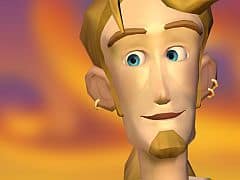
/https://oimg.videogamer.com/images/becd/tales_of_monkey_island_chapter_3_3.jpg)
/https://oimg.videogamer.com/images/1281/tales_of_monkey_island_chapter_3_1.jpg)
/https://oimg.videogamer.com/images/5a48/tales_of_monkey_island_chapter_3_2.jpg)

